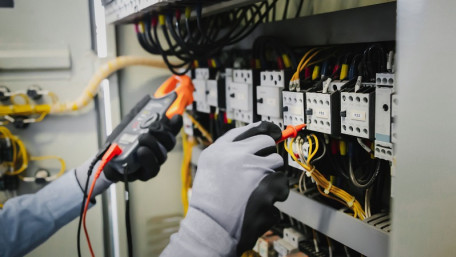
Do you know enough about electricity to poke around in a conversation, but not inside a breaker panel? Read on for an introduction to electricity in a way…
Do you know enough about electricity to poke around in a conversation, but not inside a breaker panel? Read on for an introduction to electricity in a way you’ve (probably) never heard it before!
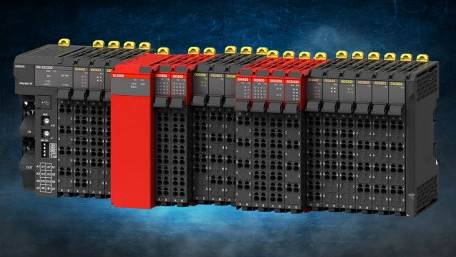
This article investigates the basic qualities that make up a safety PLC, what distinguishes a safety PLC from a standard…
This article investigates the basic qualities that make up a safety PLC, what distinguishes a safety PLC from a standard model, and the reasons for which a safety PLC may be critical.
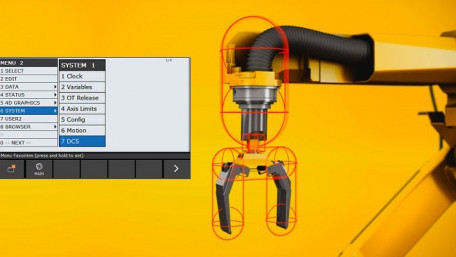
Learn about FANUC’s Dual Check Safety (DCS) system and the various methods, how to configure the DCS parameters, and…
Learn about FANUC’s Dual Check Safety (DCS) system and the various methods, how to configure the DCS parameters, and how to avoid and resolve issues associated with DCS positional alarms.
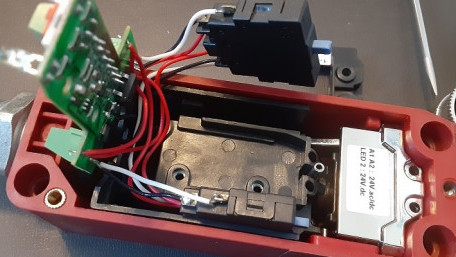
Safety devices have two main purposes, both of them meant for (you guessed it) safety. They protect both machine and…
Safety devices have two main purposes, both of them meant for (you guessed it) safety. They protect both machine and operator from harm. But what’s inside, and how do these switches work?
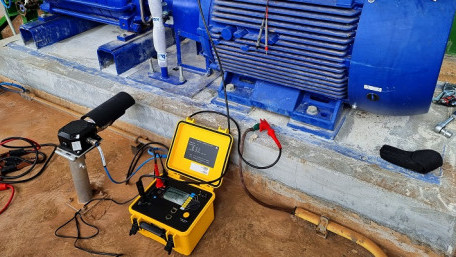
Within motors, two very different types of resistance are evident. The resistance of the windings is measured with a…
Within motors, two very different types of resistance are evident. The resistance of the windings is measured with a normal multimeter. But what is insulation resistance, and how is it measured?
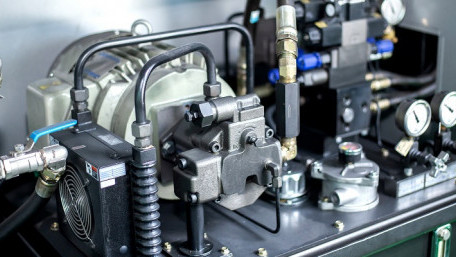
Pressures are always rising and falling in fluid systems. Sometimes the changes are extreme and lead to damage. What…
Pressures are always rising and falling in fluid systems. Sometimes the changes are extreme and lead to damage. What causes problematic pressure changes, and how can you trace them to their source?
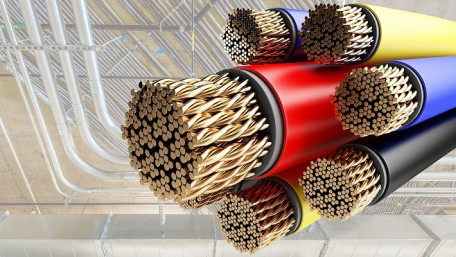
Current flow in wires is often modeled with a perfectly circular cross-section, with the size of the wire being…
Current flow in wires is often modeled with a perfectly circular cross-section, with the size of the wire being responsible for the maximum current. This is true, but there’s more to the story.
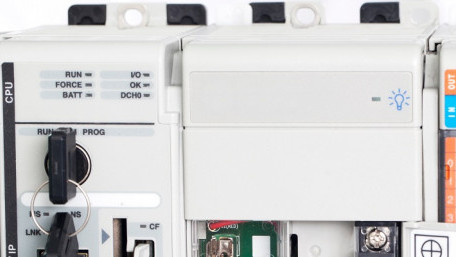
A PLC can be placed in Run or Stop, or occasionally Program mode, usually through physical or virtual methods. But what…
A PLC can be placed in Run or Stop, or occasionally Program mode, usually through physical or virtual methods. But what do these modes mean, and when should they be used?
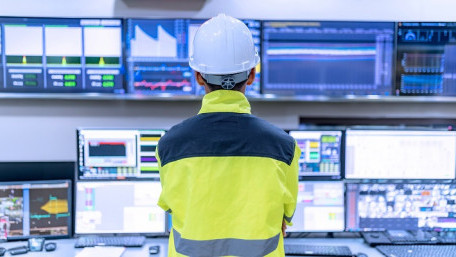
When beginning a new career, an obvious question is how to take positive steps, from your first day inside the plant all…
When beginning a new career, an obvious question is how to take positive steps, from your first day inside the plant all the way to becoming an experienced senior operator.
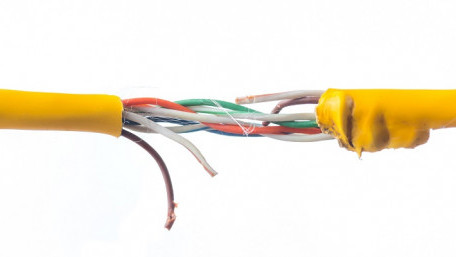
Whether working with measurement tools or process controllers, it is important to recognize faulty display values and the…
Whether working with measurement tools or process controllers, it is important to recognize faulty display values and the best ways to fix them.

Understanding the building blocks of s-domain analysis and magnitude response theory can go a long way in helping…
Understanding the building blocks of s-domain analysis and magnitude response theory can go a long way in helping engineers predict how and why some system design choices are made over others.
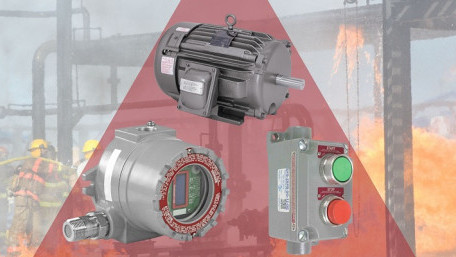
Some workplaces are more dangerous than others, not because of the practices, but rather the products. Where do…
Some workplaces are more dangerous than others, not because of the practices, but rather the products. Where do explosions occur, and what practices exist to reduce such risk for equipment and workforce?
Industrial robots are becoming safer and more economical by utilizing safety signals over Ethernet networks via CIP…
Industrial robots are becoming safer and more economical by utilizing safety signals over Ethernet networks via CIP safety technology.
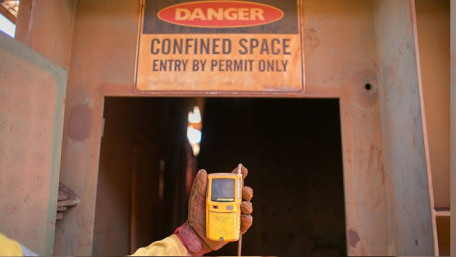
We see smoke detectors on a daily basis in every house and building we visit, but the same sensor elements, and others,…
We see smoke detectors on a daily basis in every house and building we visit, but the same sensor elements, and others, can be used to detect the presence of harmful gasses and heat in all industries.

Safety is a concern in any system containing potential energy, whether electrical, chemical, or fluid. Each has methods…
Safety is a concern in any system containing potential energy, whether electrical, chemical, or fluid. Each has methods of protection, and for fluid systems, certain shutoff valves are used in situations when excess pressure can be a problem.
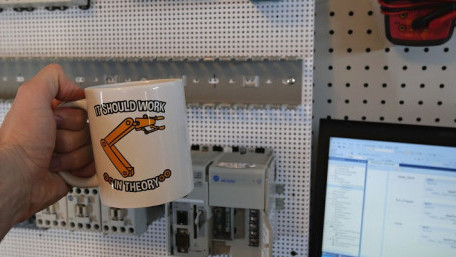
We are taught that parallel circuits maintain equal voltage across all branch resistors, equally sharing the source…
We are taught that parallel circuits maintain equal voltage across all branch resistors, equally sharing the source voltage. But reality is often far from ideal, and individual devices certainly impact the rest of the circuit.
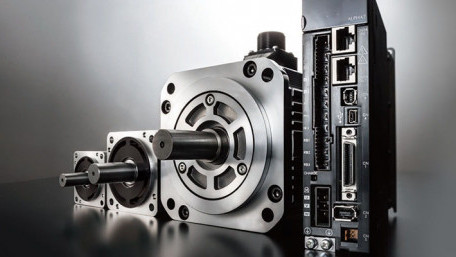
Safety is one of the most critical aspects of machine design. Today, with network connections between different machines…
Safety is one of the most critical aspects of machine design. Today, with network connections between different machines and control centers, safety signals must be shared logically and reliably across networks.
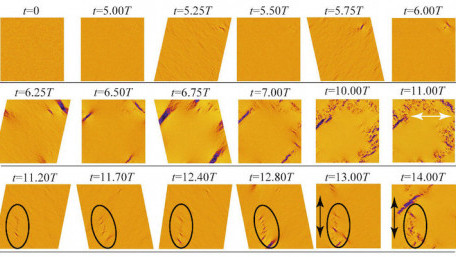
Fatigue failures in amorphous materials have long been a bit of a mystery in the engineering and scientific fields, but…
Fatigue failures in amorphous materials have long been a bit of a mystery in the engineering and scientific fields, but new research is removing some of the mystery and may open up new applications for amorphous materials.
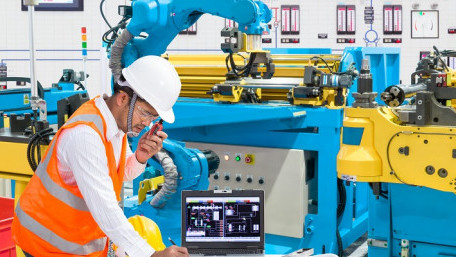
When a robot crashes, it needs to be put back into position. The steps in this process depends on the end user and the…
When a robot crashes, it needs to be put back into position. The steps in this process depends on the end user and the equipment manufacturer. Understanding why the robot crashed also helps prevent future failures.
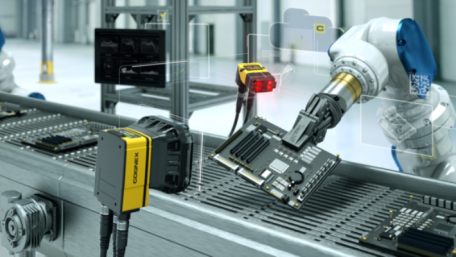
Ambient light, reflection, and transparent objects can all cause difficulties during machine vision applications. Learn…
Ambient light, reflection, and transparent objects can all cause difficulties during machine vision applications. Learn about these issues and some potential solutions to better ensure safety and quality.
